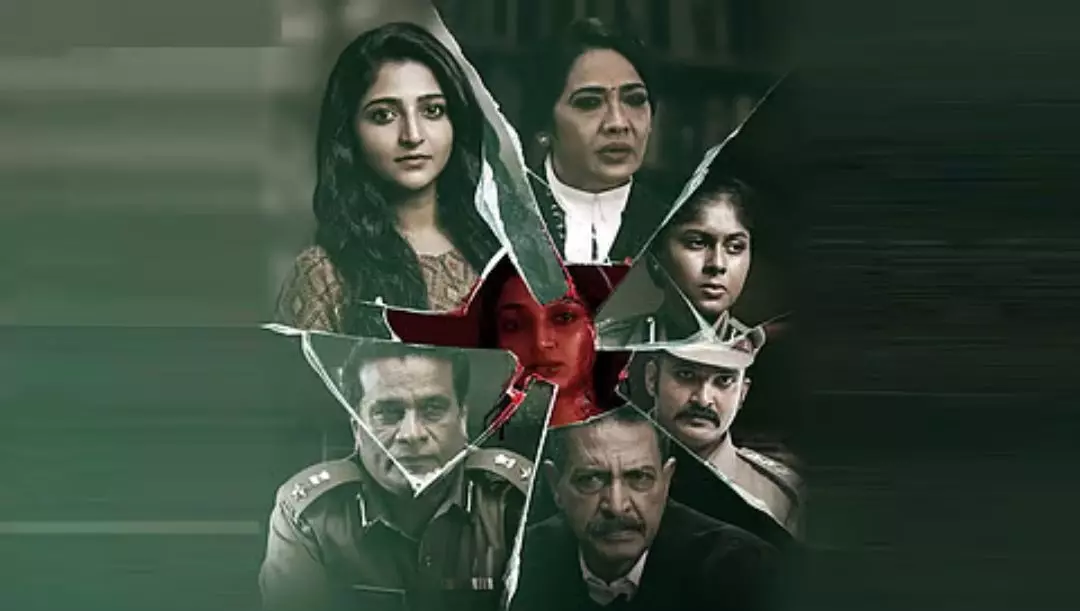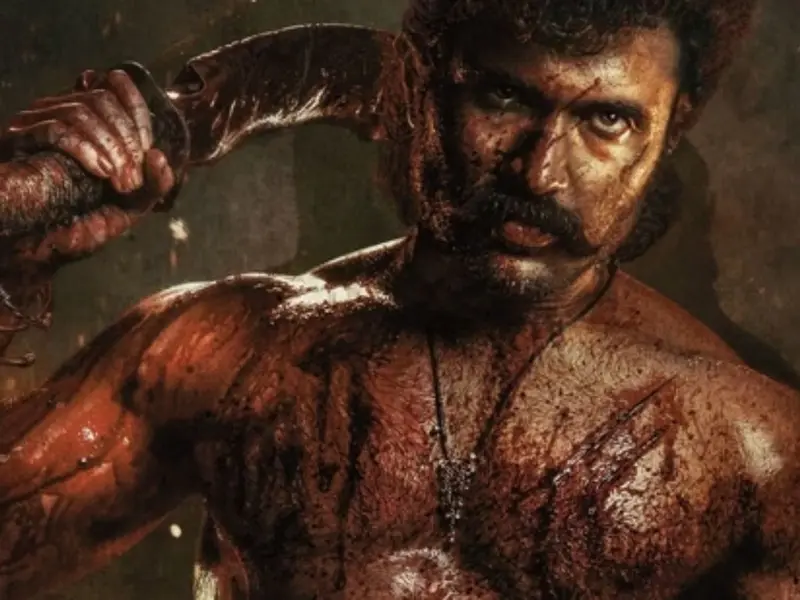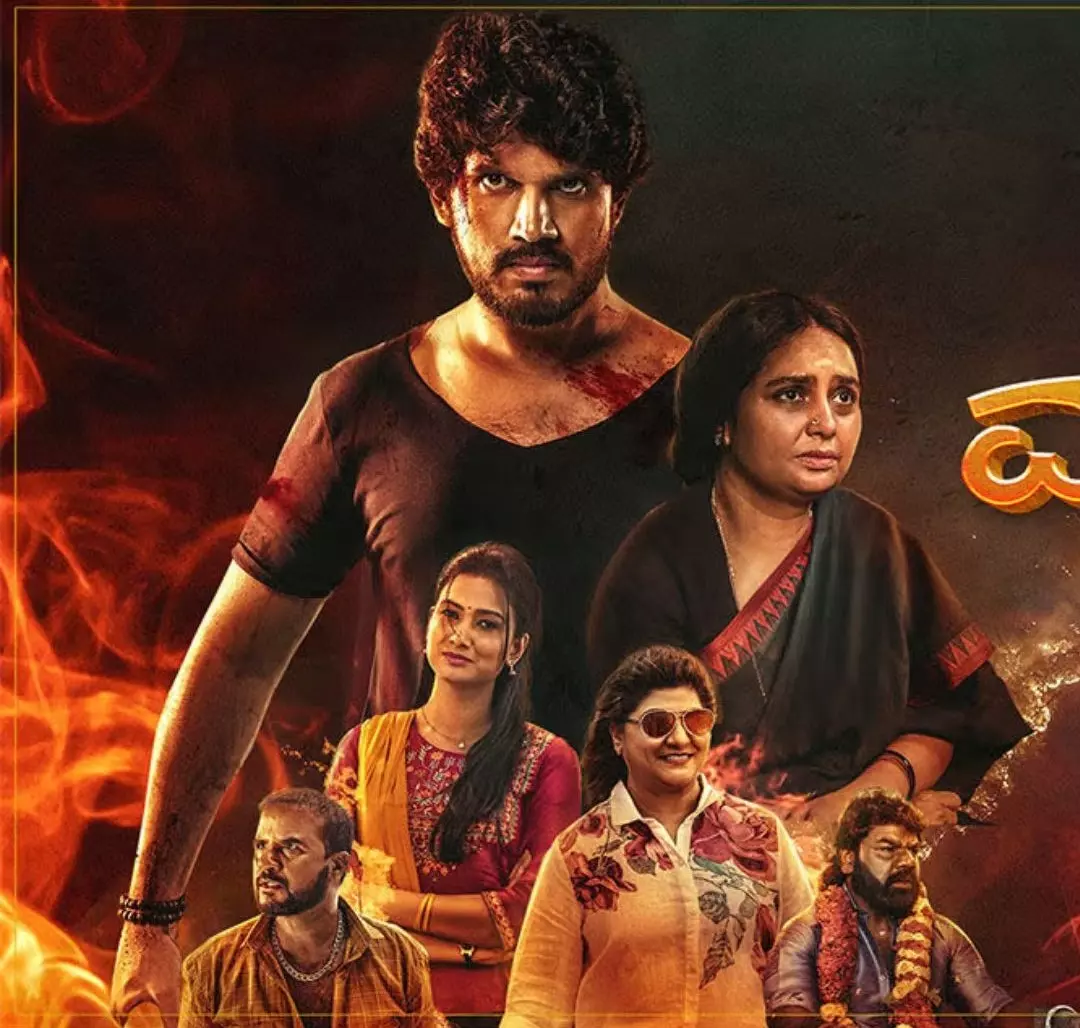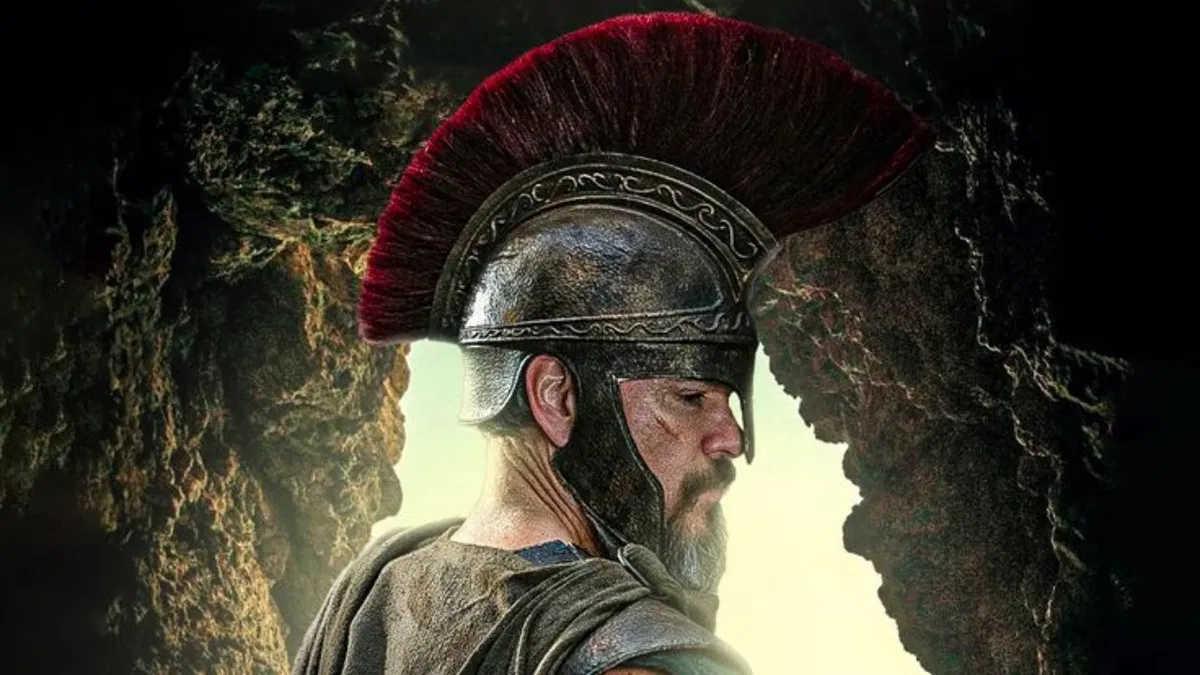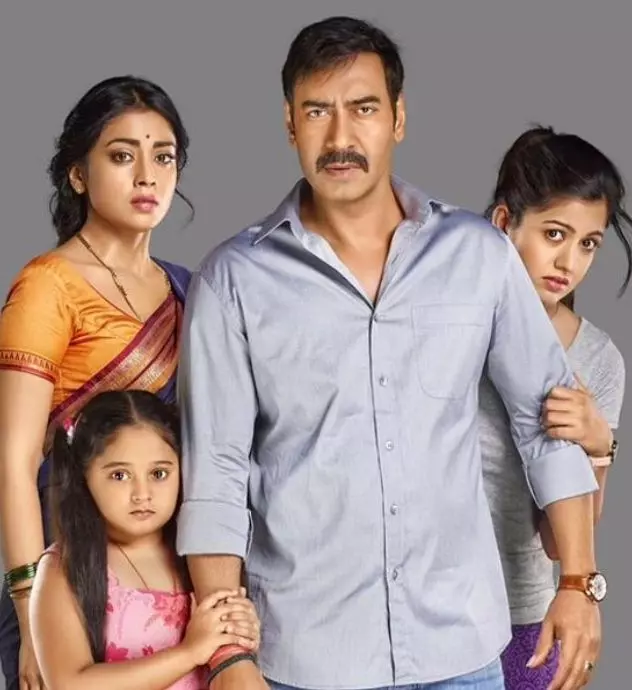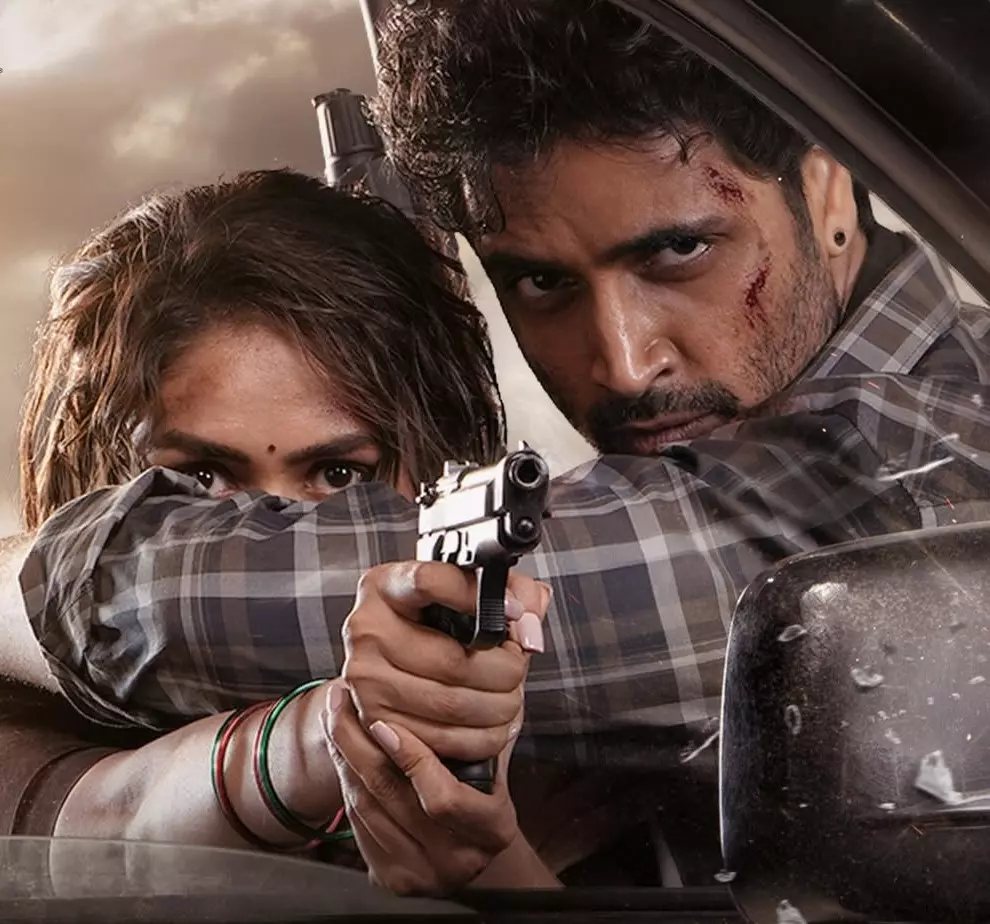Table of Content
On the 23rd of March, three young patriots- Bhagat Singh, Rajguru, and Sukhdev were executed for their actions against the British government. Most Indians were severely disillusioned by this outcome, because they had placed their hopes in Mahatma Gandhi, believing that the erstwhile leader would be able to convince the Raj to retract their statement and release the young men. Gandhi's failure to stop the executions gave his opponents a golden opportunity to throw mud at his name. They even came up with campaigns and slogans against the Mahatma.
One of Bhagat Singh's associates, criticised Gandhi after the executions, saying that Gandhi, who could put an ample amount of pressure on people to activate prohibition, could not find it in his morality to stop the executions which had been decided by a foreign power. Similarly, some Indians, to this day, hold Gandhi responsible for the deaths of Singh and his two comrades. They believe that Gandhi could have stopped the executions if he wanted to, but he chose to remain silent until the very end.
The truth is actually the complete opposite
Gandhi had more to gain by saving the three martyrs. Gandhi was aware that he would face a severe backlash if he failed to stop the executions because the hope of the entire country was riding on him. On the other hand, the hangings themselves would popularize the radicals, and it would be a major setback to his agenda of fighting the tyranny of the government through non-violent means. Saving the three men would have shown that non-violence wins over violence, thus enabling more and more people to join in on his Ahimsa cause.
We can say that Gandhi's assessment of the Bhagat Singh executions was based on his opinions on using violence to achieve patriotic success. Gandhi had always been a stoic believer in the efficiency of non-violence- how violence was both unnecessary and derogatory to a noble cause. He had a constant stand towards radicalism and the activists of the revolutionaries. Although he did not doubt the zeal and fire of these young men, he thought their impulsive actions to be misguided and thereby problematic. In the case of Bhagat Singh, Gandhi condemned the murder of Saunders as a dastardly act. However, he could not rule away from the government's involvement in provoking the act.
There are more reasons to believe that Gandhi was not responsible for the executions
Firstly, he was against violence in general- this included acts such as imprisonment and capital punishment. He firmly believed that no man should be sent to the gallows for any crime whatsoever, let alone a patriot like Bhagat Singh. Also, it is wrongly assumed that Gandhi was not interested in Bhagat Singh’s case from the very beginning, but took a stance only a few weeks before the executions. On May 4, 1930, Gandhi had written a strongly worded letter to the Viceroy, vehemently criticizing him for his creation of the Special Tribunal to try the radicals involved in the Lahore Conspiracy Case. In the letter, he wrote:
"You have found a shortcut through the law's delay in the matter of the trial of Bhagat Singh and others by doing away with the ordinary procedure. Is it any wonder if I call all these official activities a veiled form of Martial Law?"
He also addressed an audience in Allahabad with regard to this matter
In this famous speech, Gandhi elaborates on how his personal religion forbids him from wishing harm upon fellow living beings. He was also against the idea of the men being kept in prison. But he added that his personal opinions could not sway the decision of the Raj, and thereby the prisoners could not be released.
After the Petition for Special Leave to Appeal in the Privy Council was suspended on 11th February 1931, it became apparent that the three men could be saved from death only if the Viceroy intervened in the matter with a commutation of suspension. This was also the time when the Gandhi-Irwin talks were in order. Although Gandhi entered the talks without any preconditions, extreme pressure from both Congressmen and countrymen forced him to breach the topic with the Viceroy. Instead of asking for commutation, Gandhi asked for a suspension or postponement of execution. This, in fact, has been corroborated by the Viceroy himself.
However, it was all but confirmed that even the Viceroy's appeal for a commutation would not work in face of the legal opposition that it would eventually bring forth. Maybe, the suspension of execution was Gandhi's strategy. He wanted to wait for the right moment, at which he could ask for the remission of the three sentences. He could even use this golden opportunity to ask for the release of the imprisoned radicals.
Another reason why Gandhi chose to ask for the suspension of the executions is
There were serious debates regarding whether the executions should take place before or after the Karachi Congress. The government thought that it would be unfair to the prisoners and to the natives if the stay on execution order was prolonged because it could conjure the false impression that commutation was under consideration. All of Gandhi's efforts to move the government in favour of the three radicals failed. Even on the day of the execution, March 23rd, Gandhi tried his best to negotiate with the Viceroy, but to no avail. When the news of the execution reached Gandhi on the same evening, he was “visibly moved and deeply shocked".
Conclusion
Thus, the deaths of Singh, Rajguru, and Sukhdev could not be prevented despite all of Gandhi's efforts. His willingness to use civility to get his point across to the erstwhile British masters angered the natives, who then held on to the belief that Gandhi could have done more to save the three men.
.webp)


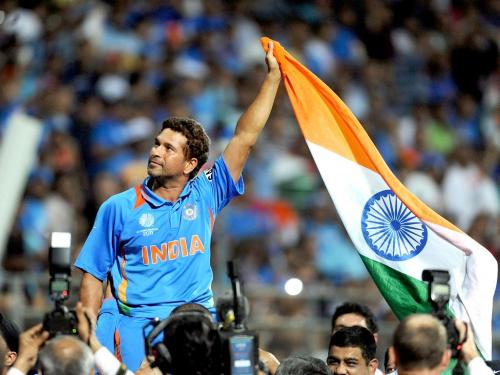

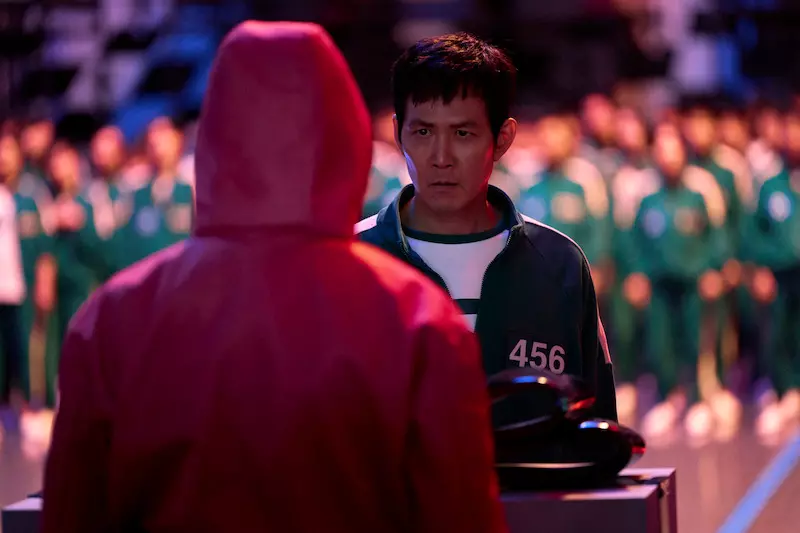
_1735214375.webp)
